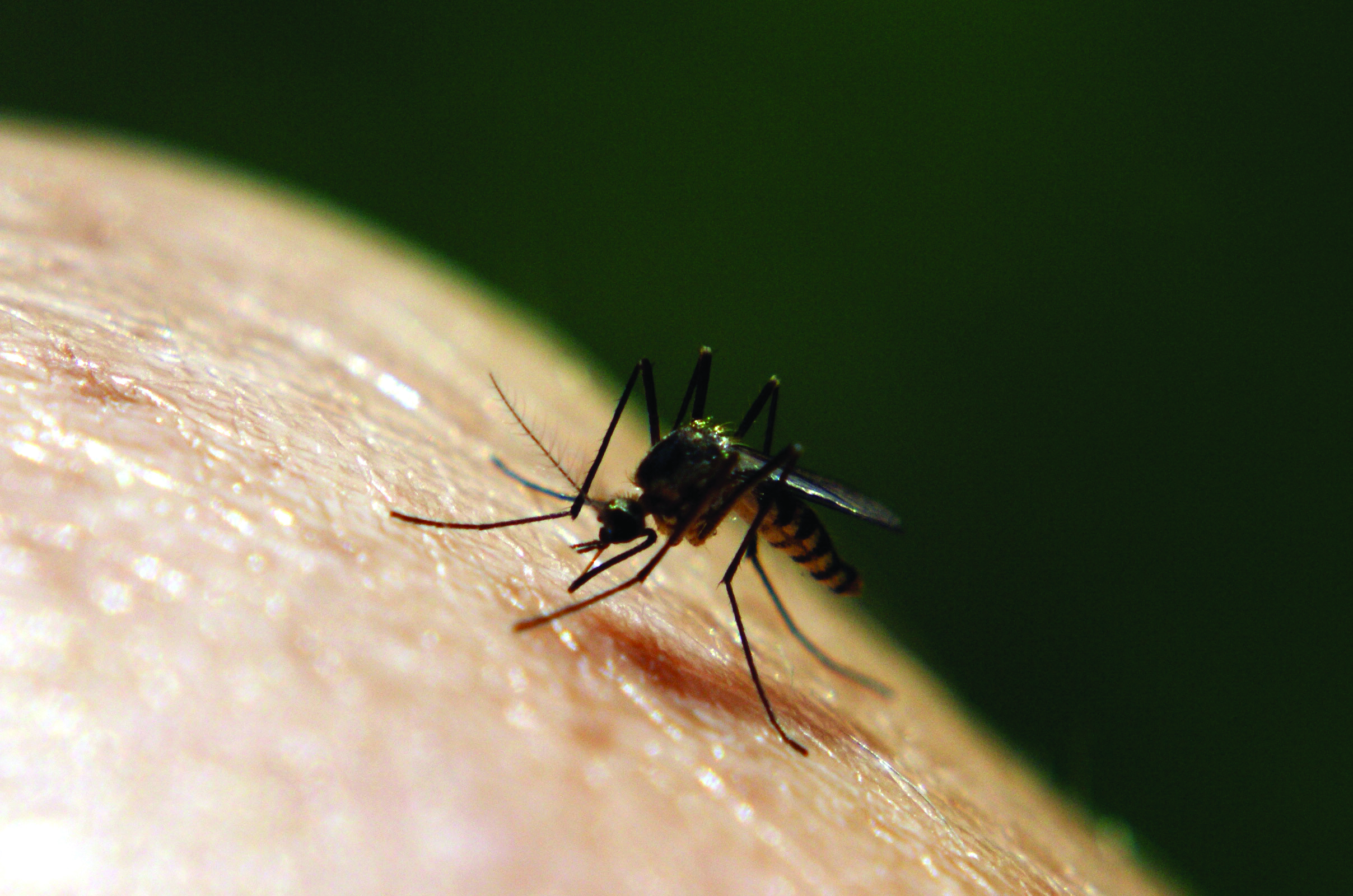 As we hit the peak of our winter season, many ask how, if at all, the cold weather impacts the number of pests we will see in the summer. While there are tons of theories out there on either spectrum (that we will see fewer pests, for example, or that the winter weather has an opposite effect), there is no way to know for sure what we can expect to see come summer time.
As we hit the peak of our winter season, many ask how, if at all, the cold weather impacts the number of pests we will see in the summer. While there are tons of theories out there on either spectrum (that we will see fewer pests, for example, or that the winter weather has an opposite effect), there is no way to know for sure what we can expect to see come summer time.
At the end of the day, we are always going to see more insects in the summer. As much as we would like to hope for otherwise, the effects of winter weather such as cold temperature and blizzards probably won’t have as much of an impact on future insect population as we’d like to think.
Get A Free Quote
So what are insects up to during the winter, then?
Typically, insects prepare for the winter and enter a stage known as diapause where they remain dormant. This happens as soon as the days start to get cooler and shorter, and allows insects to protect themselves from the weather. The National Pest Management Association’s (NPMA) director of training and education, Michael Bentley, even states that insects are better equipped to handle extreme cold than extreme heat! Elements like snow can also serve as insulation during this stage.
Ticks, unfortunately, are the perfect example of this and are experts at surviving the winter. During diapause, they typically burrow under debris such as leaf piles. This protects them from the weather, and the added snow only further shields them.
What about mosquitoes?
People are usually most curious to know about the impact cold weather has on mosquitoes, as this is the #1 pest problem in the summer for a variety of reasons. According to the NPMA’s chief entomologist and vice president of technical and regulatory affairs, Jim Fredericks, there is “good and bad news” when it comes to mosquitoes. On the plus side, adult mosquitoes can’t endure the cold weather meaning they ultimately die off. However, eggs enter a state of diapause which allows them to endure the cold.
Hibernating Pests
Pests that don’t enter dormancy will attempt to hibernate indoors. Have you ever encountered a nuisance fly in your home… in the dead of winter? It seems odd, but certain insects such as cluster flies, stink bugs, Asian lady beetles and spiders will use your home as a safe haven for the duration of winter in order to survive (assuming you don’t squash them first!).
And of course, many of us have encountered some “furry friends” in our homes/workplaces this time of year. Rodents and other small mammals also seek out indoor areas to protect themselves from the cold.
What should you do to eradicate pests during the winter months?
There are several measures you can take to prevent hibernating insects and rodents from entering your home in the winter, although they are best taken before we hit freezing temperatures. Making sure nearby trees are trimmed to eliminate roof access and replacing damaged weather stripping are great ways to prepare for winter pests. Indoors, remove clutter from attics and basements to eliminate potential harborage, and keep food tightly sealed in glass or plastic containers.
Year-round, pests won’t stop being a problem – even when we aren’t expecting them. A routine pest management service for your home is your best course of action to stay on top of pest prevention. Read more about our Total Home Protection program, or give Wil-Kil a call if you have a specific pest problem.

